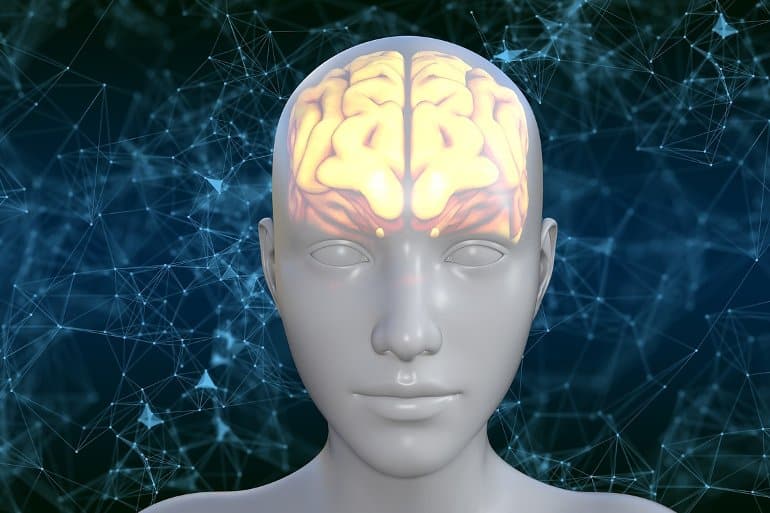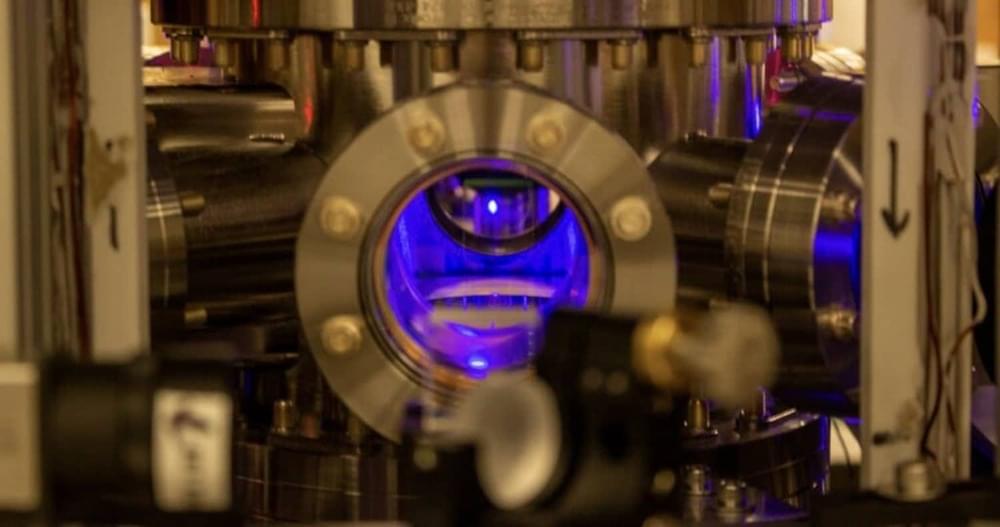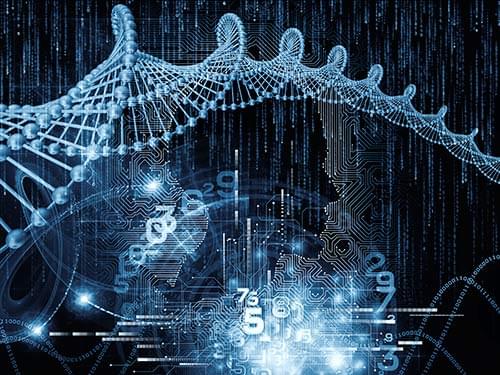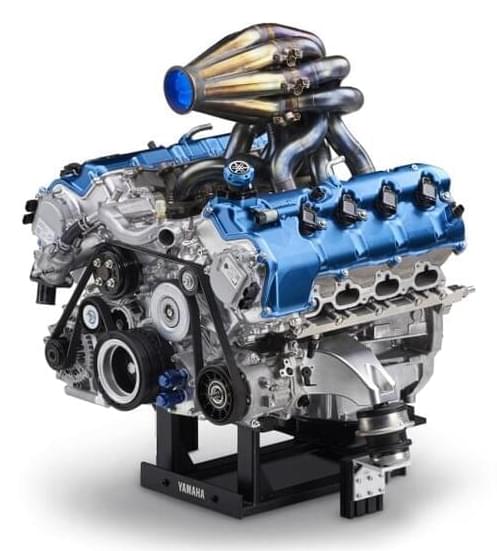We’ve just taken another step closer to time crystals that can be used for practical applications.
New experimental work has yielded a room-temperature time crystal in a system that is not isolated from its ambient surroundings.
This, the researchers say, paves the way for chip-scale time crystals that can be used in real-world settings, away from expensive laboratory equipment required to keep them running.






